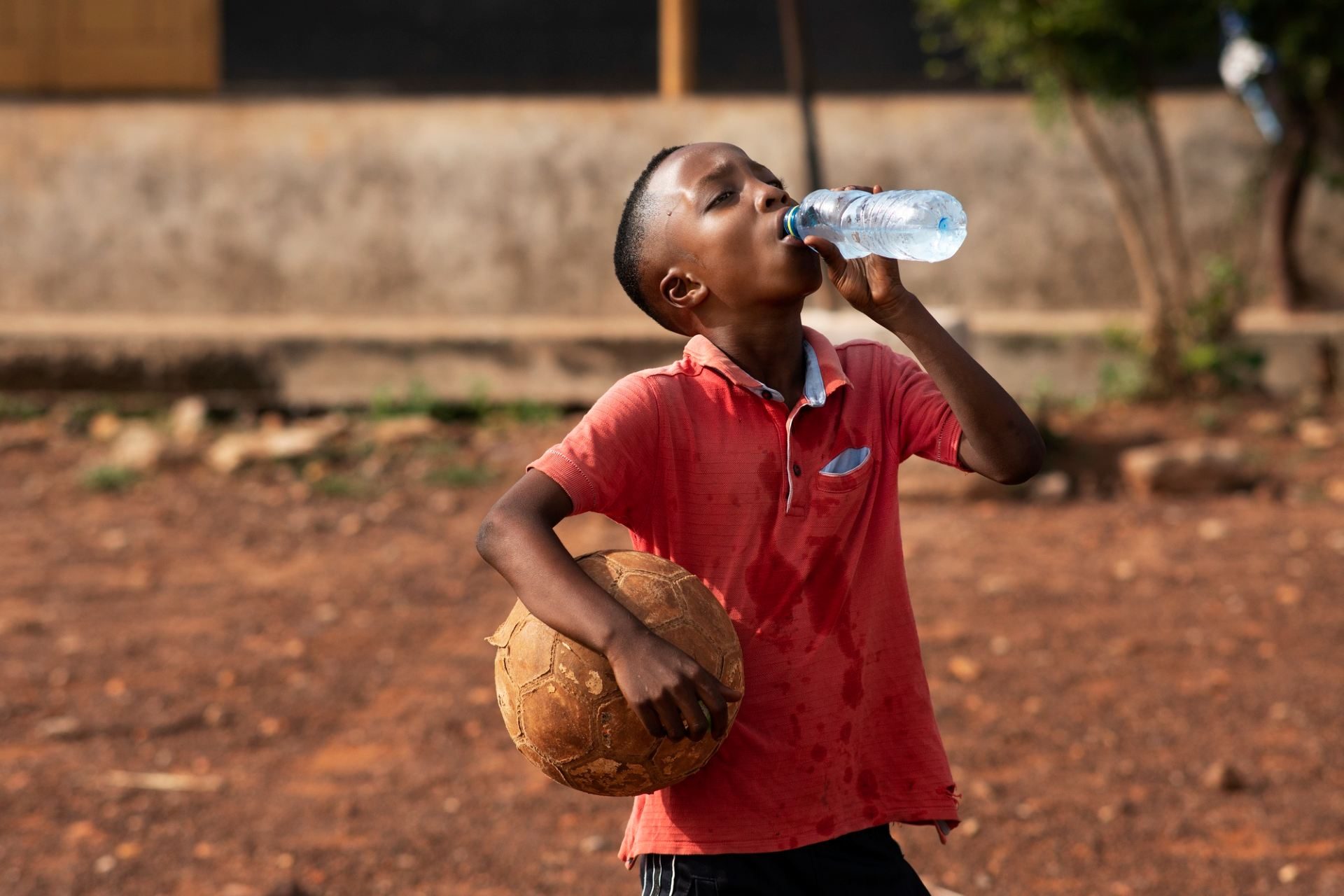The Real Causes of Poverty in Africa
Despite abundant natural resources and a rich cultural heritage, many African nations struggle with severe poverty. This complex problem is driven by several interconnected factors that vary by region but generally include historical, economic, political, and social dimensions. Here’s an exploration of the real causes of poverty in Africa.
1. Historical Factors
The legacy of colonialism has had a profound and lasting impact on Africa’s socio-economic landscape. During the colonial period, European powers exploited Africa’s resources and people, setting up economic structures primarily designed to extract wealth rather than to build local economies. The artificial borders created by colonial powers also often grouped together diverse ethnic groups with different languages and cultures, leading to long-term political instability and conflict.
2. Political Instability
Many African countries have suffered from political instability, which has been a significant barrier to economic development and poverty reduction. Coups, civil wars, and ongoing conflicts disrupt economic activities and create environments where poverty can thrive. Additionally, corruption at various levels of government can divert resources away from public services that are crucial for poverty alleviation, such as healthcare, education, and infrastructure.
3. Economic Factors
The economic structures of many African countries rely heavily on agriculture and the export of raw materials. This economic model is vulnerable to fluctuations in global commodity prices and climate conditions, which can lead to instability in income for the vast majority of the population involved in these sectors. Furthermore, a lack of economic diversification means that there are fewer opportunities for people to engage in other types of economic activities that might be more stable and lucrative.
4. Substandard Infrastructure
Poor infrastructure is a significant barrier to development in Africa. Inadequate roads, electricity, water supply, and telecommunications systems hamper economic growth and affect the quality of life. Without reliable infrastructure, businesses struggle to operate efficiently, healthcare services are compromised, and access to education is limited, perpetuating the cycle of poverty.
5. Education and Skills Gap
Education is a key driver of economic development and poverty reduction. However, many African countries have low levels of educational attainment due to a lack of funding, inadequate school facilities, and cultural factors that may discourage formal education. This results in a workforce that often lacks the skills necessary to advance economically and break the cycle of poverty.
6. Health Issues
Health problems, including widespread diseases such as malaria, HIV/AIDS, and more recently, COVID-19, significantly impact economic productivity and development. High healthcare costs and lack of access to medical services also contribute to the economic burden faced by families and can drive them deeper into poverty.
7. Environmental Challenges
Environmental issues such as desertification, deforestation, and soil degradation adversely affect agriculture, which is the livelihood of many Africans. Climate change exacerbates these challenges, making it difficult for farmers to predict weather patterns and plan their planting seasons, leading to food insecurity and reduced income.
Tackling poverty in Africa requires a comprehensive approach that addresses its historical, political, economic, social, and environmental causes. Efforts must include improving governance and reducing corruption, investing in education and healthcare, building and maintaining infrastructure, and developing diverse and resilient economic systems. By understanding and addressing the root causes of poverty, sustainable development in Africa can be achieved, leading to improved living standards for its people.


